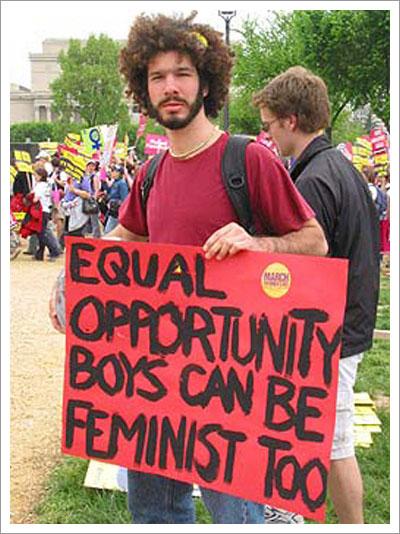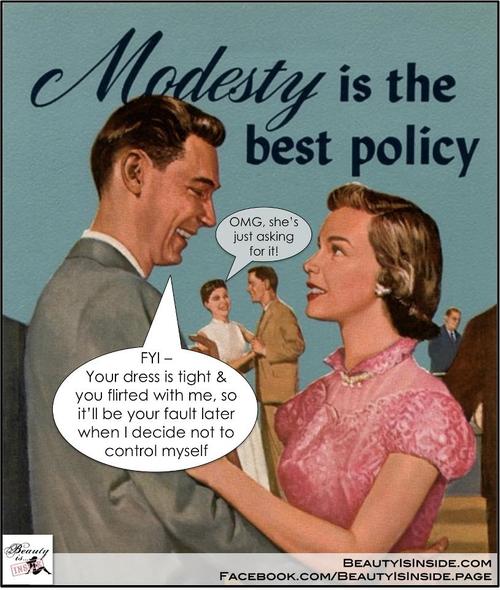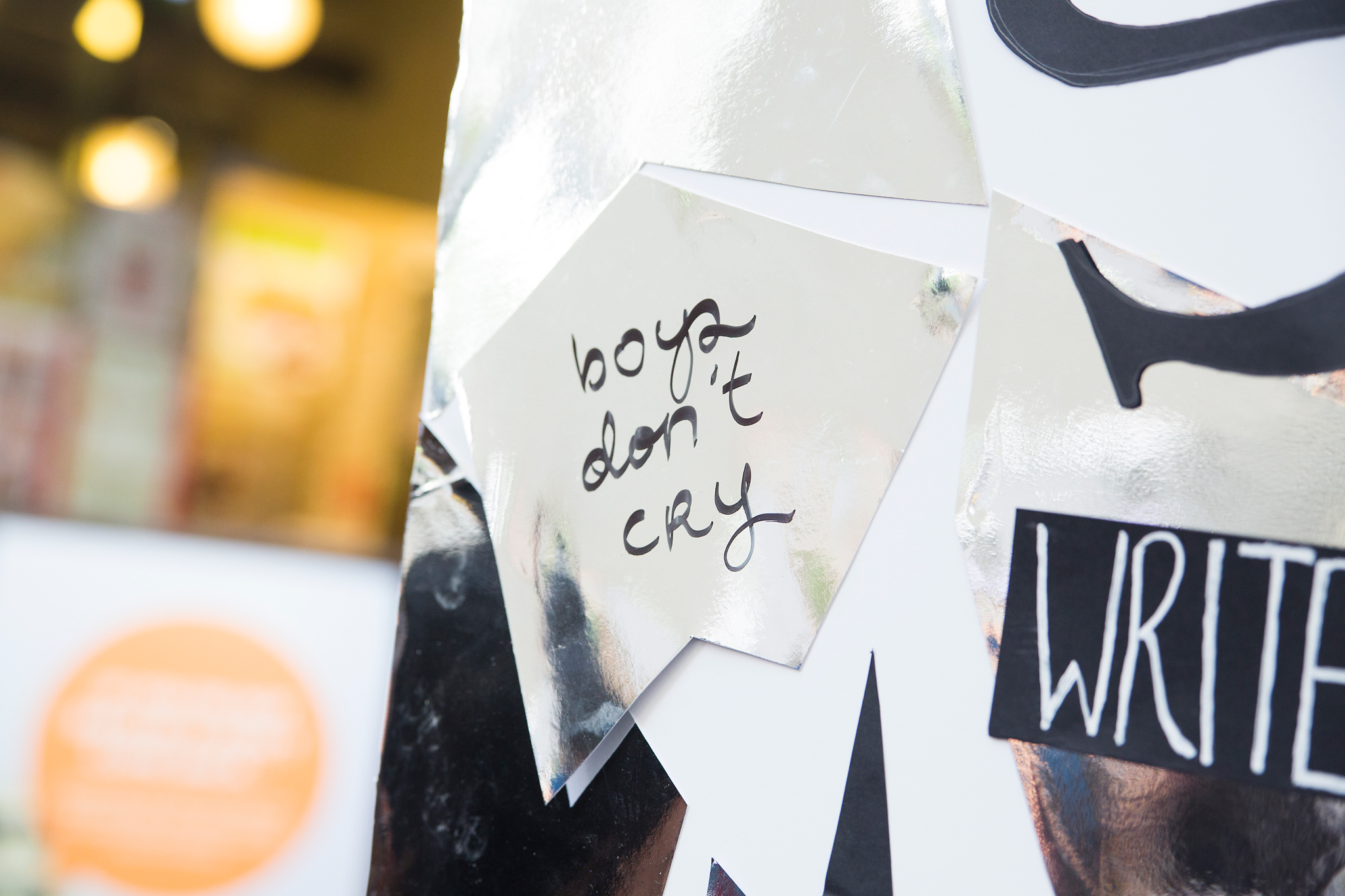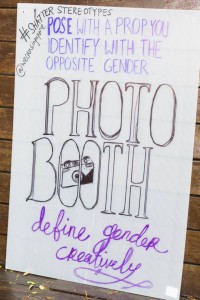by Change Maker, Robert
The other day, on Twitter, I joined in a conversation on the hashtag #whatyounevertaught. Started by @siwanclark, the hashtag discussed experiences with sexual and reproductive health education (i.e. sex-ed), what people wished they had learned and what could’ve been done better. It reminded me of the first time I saw a naked woman.
I was in Primary Four, and it was a shock. Here, in my house, was a book with an actual, naked woman on the cover! I remember my parents were in the kitchen making dinner when I slipped it from its glass-fronted shelf and under my bed.
I can’t remember what the book was called, but it turned out to be a sex-ed book for women. I’d like to think my parents started preparing for my education before I was conceived, with the end result being them buying this book just in case they’d had a cis girl. Over the next few nights, I learnt about periods and pregnancy, the anatomy of a cis woman’s genitals, and a lot about contraception and safe sex.
I sometimes wonder what it would’ve been like if I’d encountered a book meant for boys and men instead though. Perhaps I’d have learned that getting an erection doesn’t necessarily mean ejaculating (something I was deathly afraid of during puberty). Perhaps I’d have learned that male virginity wasn’t something shameful and neither was male sexual desire. Perhaps I’d have learned to handle my first, extremely unhealthy relationship better.
You see, we don’t teach boys enough about sex. Nobody teaches boys to get consent (or that it’s okay not to give it). Nobody teaches boys that they don’t need to lose their virginity to be men. Nobody teaches boys that they are more than their bodies, that their attractiveness is not solely based on their physical appearance. Boys internalise sexism, coercion and body-shame as they grow up. Their relationships are modelled after unhealthy ideals they see frequently in the media. They often become Nice Guys™ or abusers. They suffer in silence when victimised by their partners.
I’ve had enough of this. Boys and men should not be learning about sex and relationships the hard way. So, here are five ways we could make sex ed better for boys:
1. Sex and body positive, consent-focused education. Sex-positivity means not treating sex as shameful or seeing it as an obligation, while body-positivity means accepting a range of body types. Consent-focused education, meanwhile, would look like teaching boys that only yes means yes (and that they have the ability and right to say no too).
2. The acknowledgement of gender identities and sexual orientations beyond cisgender and heterosexual people. In the context of sex-ed for boys, this would mean teaching boys and men that transgender and non-binary (neither/both male or female) people exist and that it’s okay, that it’s normal to be attracted to people of any gender, and that it is okay to be attracted to more than one gender at once.
3. Teaching safer sex. This would mean more than just shouting “abstinence!” at boys. This would also mean more than just teaching boys how to use condoms or about the birth control pill; it would include alternative forms of contraception and non-penetrative forms of sex.
 4. Reproductive choice education. For boys, this would involve removing anti-choice messages from the curriculum (for example, “Tiny Tim”, an unrealistic portrayal of abortion as forced childbirth). This would involve teaching boys that everyone has a right to decide what they do with their body, and that a decision on abortion is ultimately up to the person who is pregnant.
4. Reproductive choice education. For boys, this would involve removing anti-choice messages from the curriculum (for example, “Tiny Tim”, an unrealistic portrayal of abortion as forced childbirth). This would involve teaching boys that everyone has a right to decide what they do with their body, and that a decision on abortion is ultimately up to the person who is pregnant.
5. Teaching boys about emotional health in relationships and breaking up. We need to teach them about their emotions (and that it’s okay to be emotional!) and what they could possibly feel before, during and after a relationship. We need to bust the myths that boys are supposed to be stoic and unemotional, that boys are or should only be looking for physical intimacy in a relationship, and that rejection or a failed relationship is unacceptable.
Unlike me, not every boy has the privilege of learning from a comprehensive, shame-free book on sex-ed (even if it’s written for cis women). Like me, most boys don’t have healthy sex-ed syllabi tailored specifically for them, and end up internalising problematic behaviours. I’m not an expert on sex-ed, but I’m a young man who’s lived through the system and came out in one piece. This list isn’t complete, but we need to help our less privileged brothers out.
This is how we start.
About the Author: Robert Bivouac is a 20-year-old writer and spoken word poet from Singapore. He enjoys Singaporean food, music and literature, and lives mostly on the internet where he pretends to be cool.























 Disney movies are another good example of gender stereotypes that young children, notably young girls, are exposed to. Cinderella teaches girls that they aren’t worthy of a prince unless they look beautiful, but also have all the domestic skills a women must have. This stereotype is reinforced in Snow White, as Snow stays at home to cook and clean while the dwarves go off to do “the real work.” I wouldn’t be the first person to note how Beauty and the Beast normalizes the existence of domestic abuse and violence within relationships.
Disney movies are another good example of gender stereotypes that young children, notably young girls, are exposed to. Cinderella teaches girls that they aren’t worthy of a prince unless they look beautiful, but also have all the domestic skills a women must have. This stereotype is reinforced in Snow White, as Snow stays at home to cook and clean while the dwarves go off to do “the real work.” I wouldn’t be the first person to note how Beauty and the Beast normalizes the existence of domestic abuse and violence within relationships.












